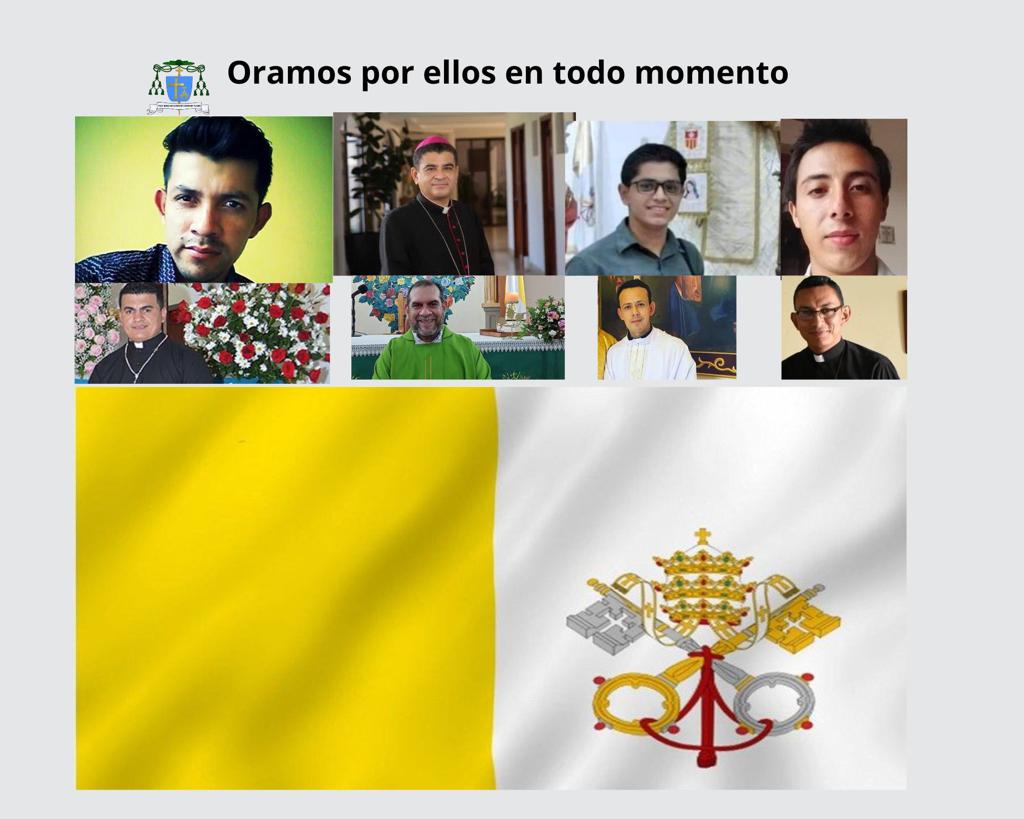
The European Parliament is standing up for persecuted Christians in Nicaragua.
On September 15th, an overwhelming majority of the body passed a resolution calling for the release of imprisoned Bishop Rolando Álvarez and the restoration of democratic freedoms in Nicaragua.
The central American country is under the yoke of an increasingly harsh dictatorship led by President Daniel Ortega.
Since protests against the dictatorship erupted in 2018, the regime has only clamped down harder, particularly targeting the Catholic community by expelling the Missionaries of Charity and the apostolic nuncio from the country, and closing Catholic radio stations.
Álvarez, bishop of the Diocese of Matagalpa, was arrested by the regime in August along with five priests, two seminarians, and a layman.
The bishop is under house arrest at a family home in Managua, the country’s capital, while the others are in El Chipote prison, known for torturing the regime’s opponents.
The parliament’s resolution praised Álvarez as “an important role as a mediator in the 2018 National Dialogue” and for having constantly called “for peaceful and reasoned dialogue in Nicaragua.”
Notably, Parliament used unambiguous language to acknowledge the Catholic Church and her servants as under attack. It characterised the bishop’s arrest as arbitrary and called for his immediate release and an end to any legal prosecution against him, along with those who had been arrested with him.
It also condemned the regime for “attacks on freedom of expression, conscience, and religion” which it said had intensified “against several journalists, human rights defenders as critics of the regime and members of the Roman Catholic Church—due to their mediation efforts in the national talks of 2018 and their denunciations of the human rights violations committed in the context of Nicaragua’s ongoing crisis.”
The resolution also lamented the expulsion of the apostolic nuncio, Archbishop Waldemar Stanislaw Sommertag and the Missionaries of Charity, the detention of Father Manuel Salvador García, and other repressive acts against Catholic media and members of the Catholic Church.
Parliament called for EU sanctions against Ortega, his inner circle, and the judges and prosecutors involved in turning the country’s courts into an arm of oppression within the regime.
The parliament also asked that the EU and the UN Security Council open a formal investigation into Nicaragua and its president for crimes against humanity.
The resolution was adopted by 538 votes in favour, 16 against, with 28 abstentions.
On the same day the resolution passed, Pope Francis also called for dialogue and urged that the Missionaries of Charity be allowed to return to the country. “These women are good revolutionaries, but of the Gospel! They do not make war on anyone,” he defended them.
The resolution was forwarded to the European Council, the commission, the governments, and parliaments of the member states, the secretary-general of the Organisation of American States, the Euro-Latin American Parliamentary Assembly, the Central American Parliament, the Lima Group, the Vatican, and the government and Parliament of the Republic of Nicaragua.
